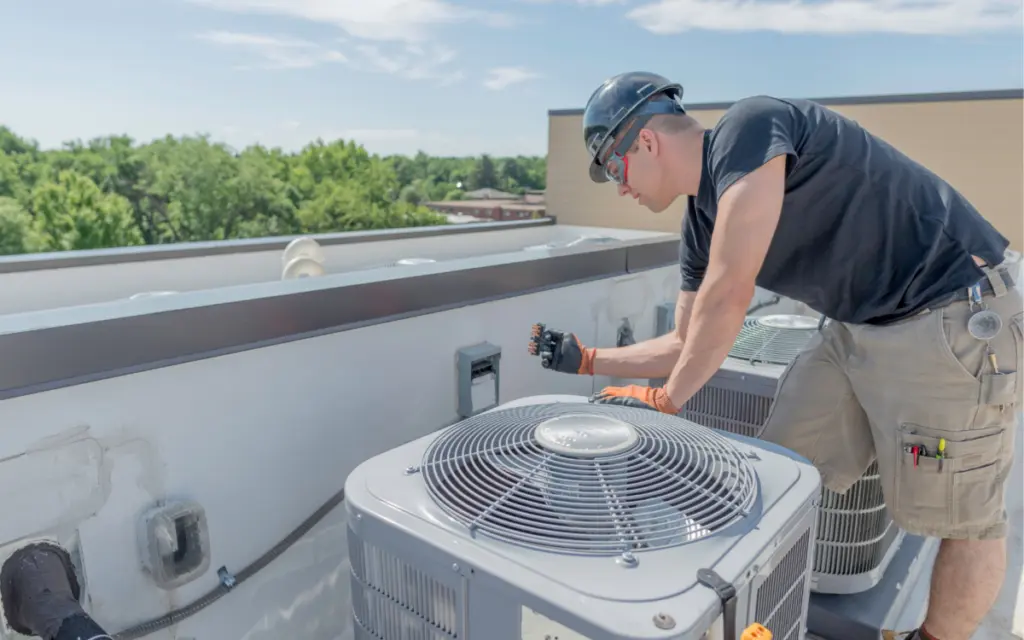When it comes to selling your HVAC business, having a detailed business plan is not just a good idea—it’s essential. A well-structured business plan acts as a roadmap, guiding potential buyers through your business’s operations, finances, and growth potential. It offers a comprehensive picture of what your business is worth and why it’s a valuable investment. Here’s why a detailed business plan is crucial when preparing to sell your HVAC business.
1. Showcasing Business Value and Potential
A detailed business plan highlights your HVAC company’s strengths, including your client base, service offerings, and revenue streams. Buyers want to know not only where the business stands currently but also its potential for growth. A business plan that outlines strategies for expanding services, entering new markets, or optimizing operations shows buyers that your HVAC business is well-positioned for future success. This can increase the perceived value of your business, leading to better offers.
2. Providing Financial Transparency
Buyers look for businesses with clear and transparent financial records. Your business plan should include detailed financial statements, profit and loss reports, cash flow projections, and an explanation of any significant expenses or investments. Having these documents readily available and organized instills confidence in buyers, showing them that your business has a history of financial health and a solid plan for profitability.
3. Identifying Risks and Mitigation Strategies
A business plan also demonstrates that you’ve thoroughly assessed any risks associated with running your HVAC business and have plans to manage them. Whether it’s seasonal fluctuations, competition, or regulatory changes, outlining these risks and your strategies for handling them assures buyers that they are making a well-informed decision. It also shows that your business is resilient and adaptable, making it a more attractive investment.

4. Demonstrating Operational Efficiency
A comprehensive business plan offers insight into how your business operates on a day-to-day basis. It includes details on staff roles, equipment, inventory management, and service protocols. Buyers appreciate businesses with documented systems and procedures, as it means they can easily transition into ownership without facing operational difficulties. The more efficient your operations appear on paper, the more confident buyers will feel about their investment.
5. Setting Realistic Goals and Projections
Finally, your business plan should include realistic goals and projections for the next three to five years. Whether it’s expanding your service area or increasing your customer base, these goals demonstrate that your business has a clear direction. Buyers are more likely to invest in businesses that have a solid growth strategy, as it gives them an idea of the return on investment they can expect.
Ready to Sell Your HVAC Business?
Creating a detailed business plan is a crucial step in maximizing the value of your HVAC business sale. However, it’s only one piece of the puzzle. If you need support preparing your business for sale or are ready to sell now, text or call Scale or Exit Partners at (832) 745-2721. You can also email us at garyd@scaleorexit.com. For more information about Scale or Exit Partners, visit our website at www.scaleorexit.com. We have access to investors if you’re ready to sell now, and if you want to get the best price and terms for a future sale, we can help you prepare.
